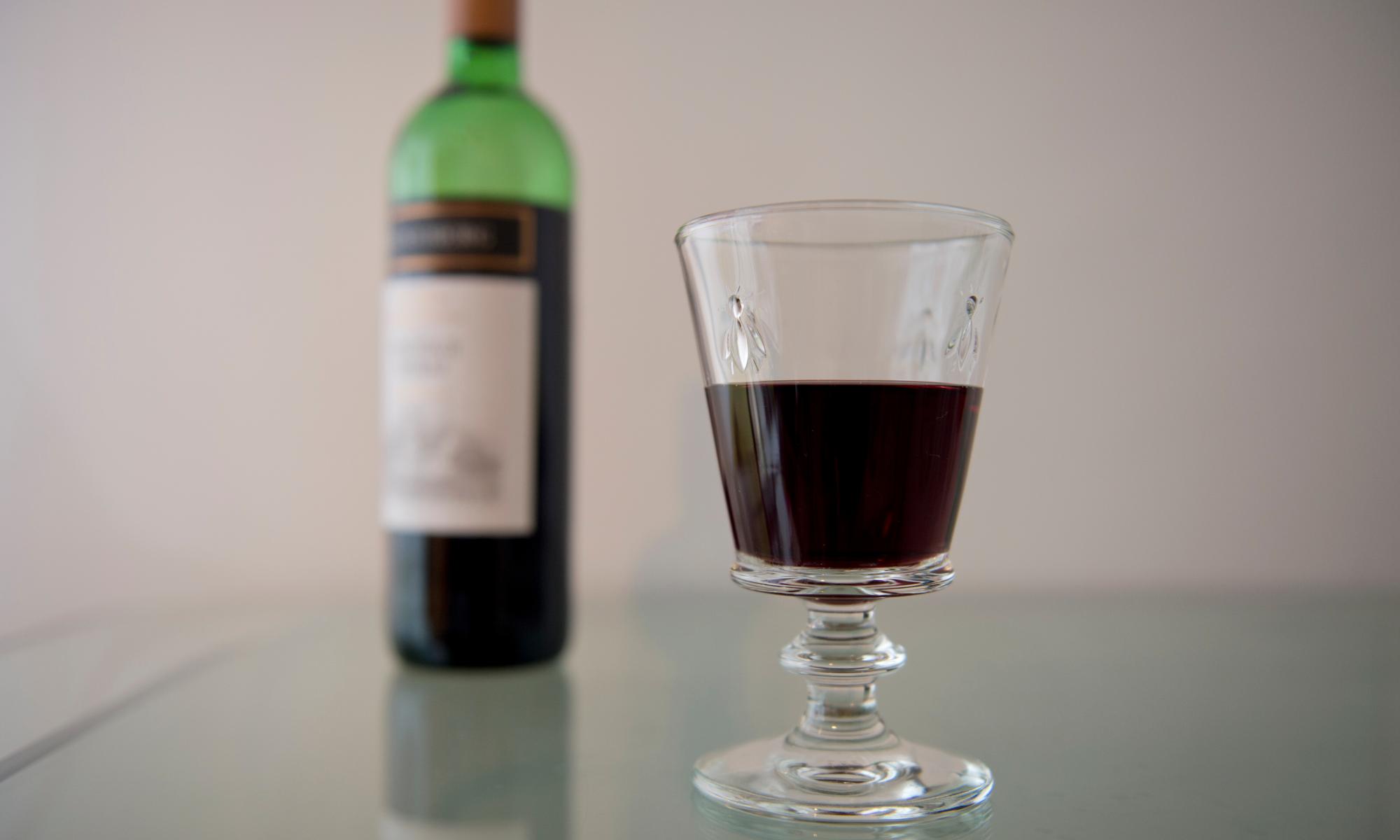I tried ‘intermittent sobriety’. Here’s what I learned jumping on and off the wagon

.
- which, as far as I can tell, essentially involves regularly taking a break from drinking.
I discovered I'd been following a trend without realising it. In 2024, I practised a form of intermittent sobriety, starting with Dry January like many others, and extending it at regular intervals. Some people naturally adopt this approach without feeling the need to discuss it. If that's the case for you, then congratulations, you can disregard this article.
Of course, the thing with alcohol is that it's a substance that can become habit-forming. Some individuals may be more likely to develop a dependency due to their genetic make-up, but, under the right conditions, anyone can form an unhealthy attachment to drinking. And you don't need to be drinking heavily in the early morning hours to have a problem – you might just be relying on drink as a way of coping or consuming more than you really want to.
Over the years, I've found myself falling into unwanted drinking patterns, culminating in a realisation a year ago that I needed to drastically rethink my relationship with alcohol. Although I hadn't considered permanent abstinence, adopting a policy of intermittent sobriety felt like a realistic goal at the time. I had initially viewed regularly abstaining as a significant sacrifice, but I've found the experience to be remarkably rewarding and something I plan to continue. Although I'm not a health expert, I think it would be helpful to share a few strategies that may be useful if you're curious about sobriety.
1 Often you just yearn for a routine to help you relax, not a drink
For many of us, a glass of wine in the evening is a comforting way to unwind and signal the end of the day: a calming ritual that says it's time to relax. Interestingly, I've found that having kombucha or sparkling water in a fancy wine glass can evoke a similar sense of satisfaction. I believe replacing a habit with something else can be less daunting than cutting the habit out altogether. Furthermore, I've discovered that non-alcoholic beers can be a brilliant way to satisfy the craving for a more sophisticated drink. In fact, I've started to prefer them over the real thing.
Playing the tape forward is a useful way to cope with cravings.
I was previously prone to mechanically reaching for a drink, whether dining out or unwinding at home. These days, when a craving hits, I've become more mindful about assessing the potential consequences. This includes visualising the possible outcomes of giving in to the craving, and questioning whether the brief pleasure of drinking is worth an ensuing hangover. I've also developed a routine of pausing to check if I'm experiencing any underlying emotions - hunger, frustration, loneliness or fatigue - and addressing those first, often finding a healthy alternative, such as a meal, to satisfy the craving.
Exercising regularly has a profoundly positive impact.
It's a well-known fact that being physically active is beneficial for your wellbeing. It's hardly worth mentioning the obvious benefits, such as improved mental health and reduced stress levels, but I'll do so anyway: regular exercise can make it less tempting to reach for that glass of wine when you're feeling down.
It's widely acknowledged that drinking alcohol can have a detrimental effect on one's sleep quality.
Even the smallest amount of alcohol can decrease the amount of REM sleep I get. One of the main improvements I've noticed when I've abstained from alcohol for a while is in the quality of my sleep. For a long time, I thought I was always tired and it was just my normal state, but I've now come to understand that it was actually the alcohol affecting me. Giving up alcohol is like upgrading from a budget airline to a premium airline - a complete transformation.
Delving deeper into the scientific facts about alcohol is watering down my interest in consuming it
.
Savouring a spoonful of hot sauce is a rather peculiar yet strangely effective method for quelling yearnings for spicy foods.
It seems I made a mistake. There is no text to paraphrase. Please provide the text you'd like me to paraphrase in the United Kingdom (English) language.
(If you provide the text, I'll paraphrase it for you.)
Seven approaches are effective for various individuals.
“Following numerous studies, the findings do not support sweeping conclusions about the impact of moderate alcohol use on human health,” Kenneth Mukamal and Eric B Rimm said earlier this year.
As alcohol attitudes become less favourable, I believe it's worth noting this point. In my opinion, it's not worth turning against alcohol or planning never to drink again - although, of course, it's not particularly healthy, there's a reason our ancestors used to drink it. Intermittent abstinence has helped me find a balance that suits me. For others, pledging complete sobriety might be a more practical option.
Taking a break from alcohol is never a bad plan. It's always worth noting that there are healthier ways to boost your mood than relying on a couple of drinks.
Post a Comment for "I tried ‘intermittent sobriety’. Here’s what I learned jumping on and off the wagon"